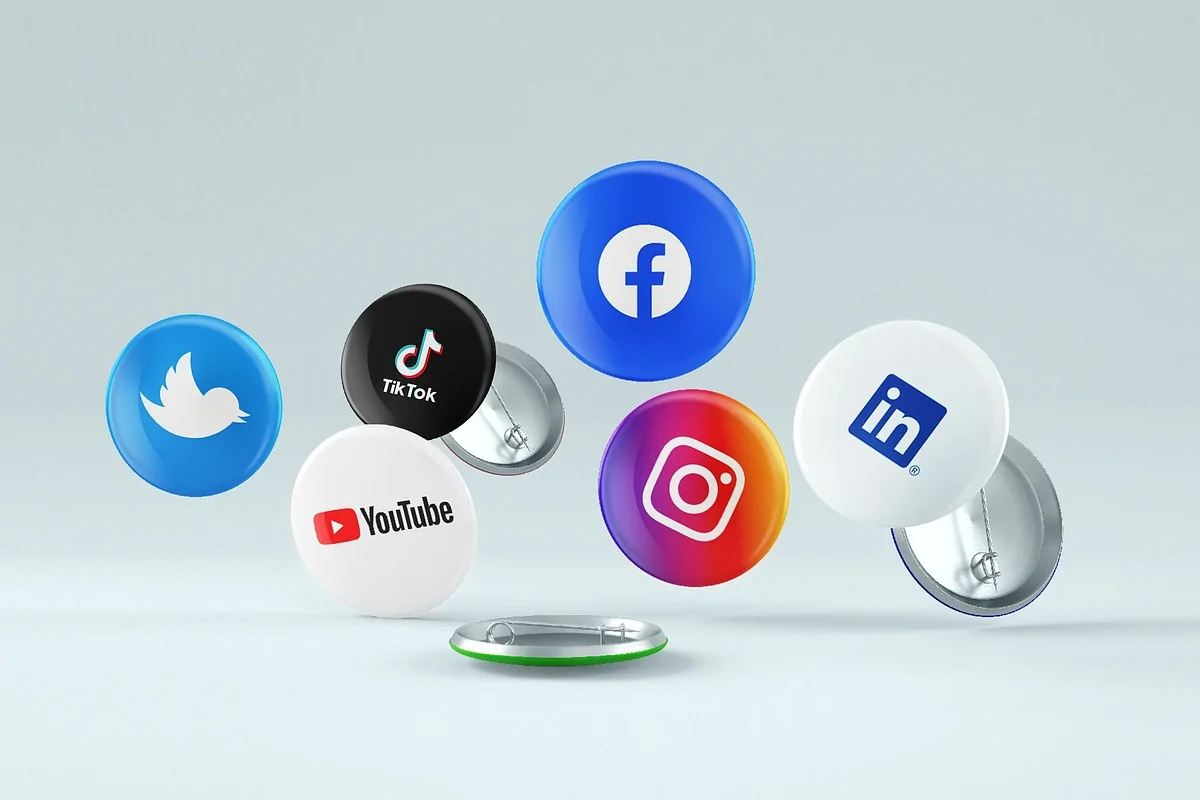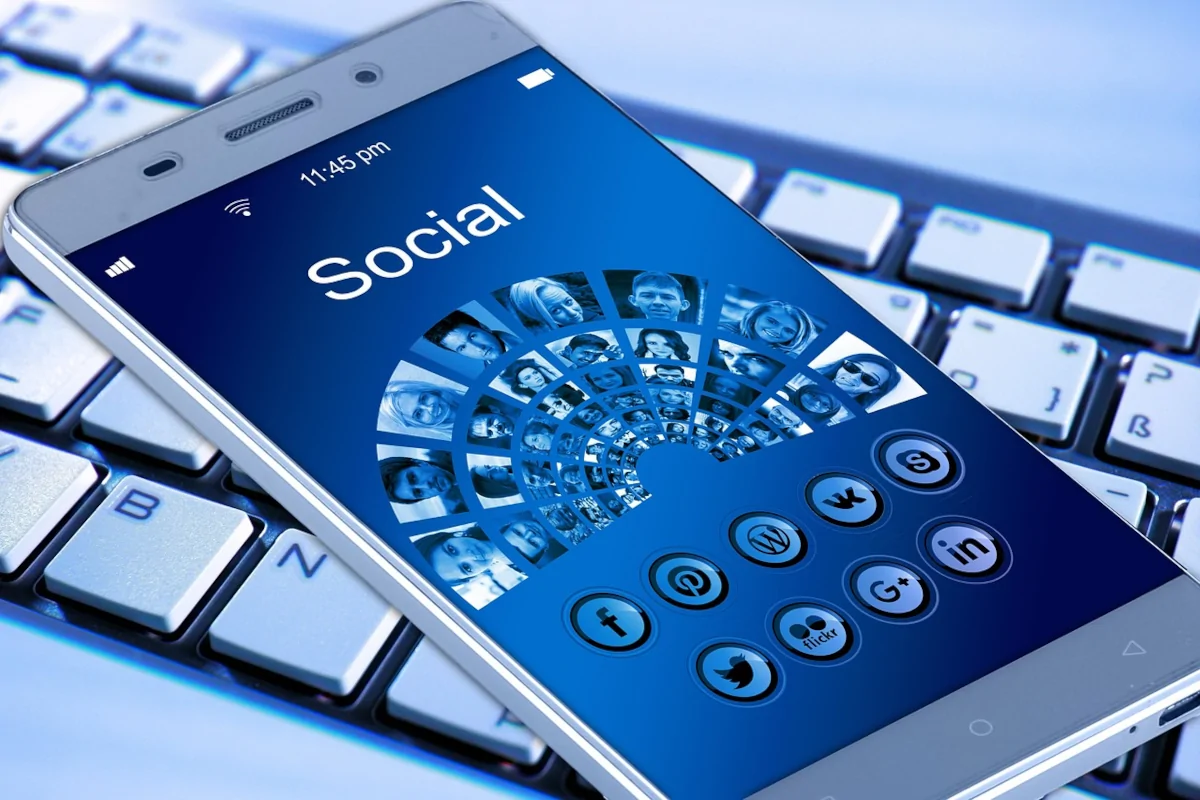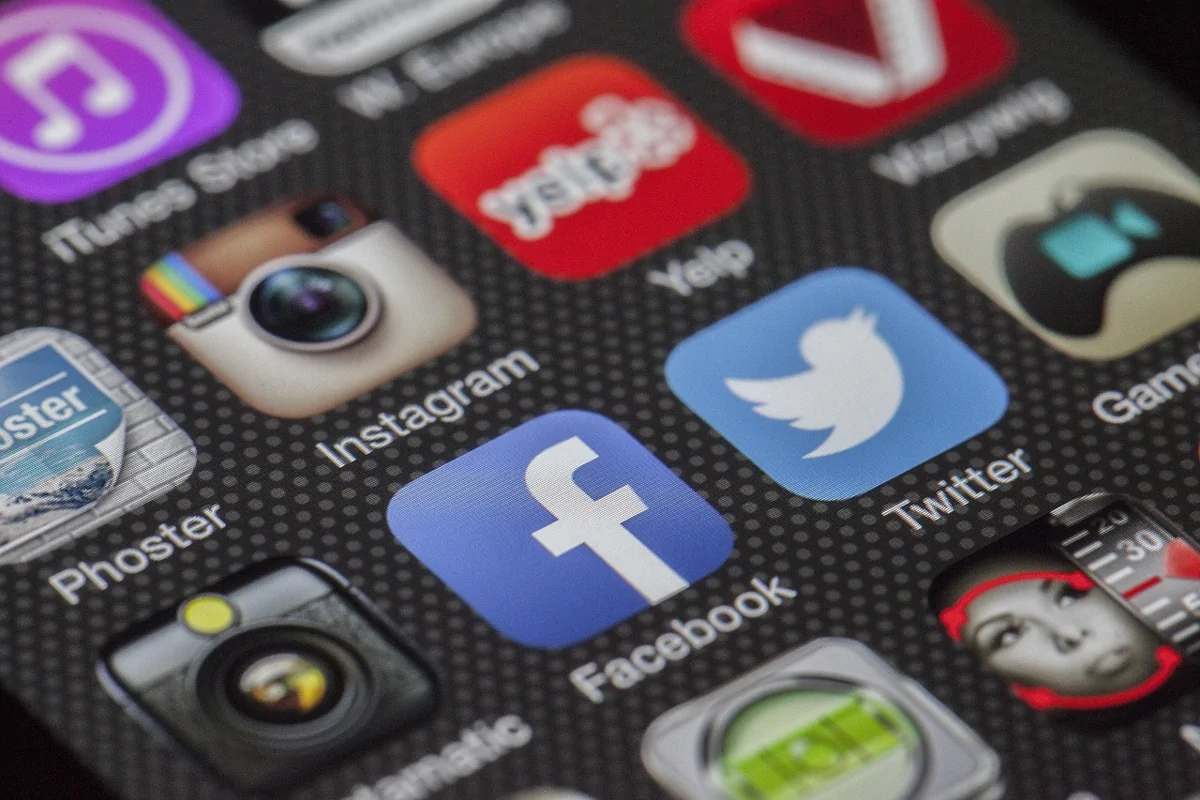
You won't believe this: students today spend nearly 7 hours a day on social media! Platforms like Instagram, TikTok, and Snapchat are not just tools for socializing. They’re also sources of information and entertainment. While social media has its benefits, it also poses challenges. This is especially true when it comes to focus, study habits, and academic performance. Understanding social media impacts is crucial for students, parents, and educators to foster a balanced approach to use it.
The Positive Side of Social Media
Social media isn't all bad. It offers various benefits that can aid in the learning process and enhance study habits. Some of these positive aspects include:
Educational Resources: Platforms like YouTube and Pinterest offer tutorials and resources on a wide range of subjects. Students can watch educational videos, find study tips, and access learning materials to supplement their studies.
Collaboration and Support: Social media provides a platform for students to join study groups, share resources, and collaborate on projects. Apps like WhatsApp and Discord are popular for creating study groups where students can discuss assignments and help each other with difficult concepts.
Staying Informed: Social media keeps students updated on school events, deadlines, and announcements. Teachers and educational institutions use platforms like Facebook and Twitter to communicate with students and parents.
The Negative Side of Social Media

Despite its benefits, social media has several drawbacks that can adversely affect students' focus, study habits, and grades. These negative impacts include:
Distraction: One of the most significant challenges is the constant distraction posed by social media notifications. A study from the University of Delaware found that students who frequently check social media during study sessions have lower academic achievement due to divided attention.
Procrastination: Social media can lead to procrastination, where students spend hours scrolling through feeds instead of focusing on their studies. According to a study by Vujaday Digital, students who spend more time on social media tend to procrastinate more, resulting in poor time management and lower grades.
Sleep Disruption: The use of social media before bed can disrupt sleep patterns, leading to decreased focus and cognitive function during the day. A study published in the Journal of Adolescence found that increased social media use is associated with shorter sleep duration and poorer sleep quality.
Cognitive Overload: Social media bombards students with a constant stream of information, leading to cognitive overload. This can make it difficult for students to focus on complex tasks and retain information, ultimately affecting their academic performance.
Impact on Study Habits
Social media's influence extends to students' study habits, often leading to detrimental effects:
Inconsistent Study Routines: The lure of social media can disrupt study schedules, leading to inconsistent and ineffective study routines. Students may find it challenging to maintain a regular study pattern when their attention is constantly diverted.
Reduced Deep Learning: Social media encourages quick consumption of information, which can hinder deep learning. Students may find it harder to engage in focused, long-term study sessions, affecting their understanding of complex subjects.
Decreased Academic Performance: Studies show a correlation between high social media use and lower academic performance. For instance, a study by Kirschner and Karpinski found that students who used Facebook frequently had lower GPAs compared to those who did not.
Impact on Mental Health
It's also essential to consider the impact of social media on students' mental health, which can indirectly affect their academic performance. Excessive social media use has been linked to anxiety, depression, and feelings of loneliness. These mental health issues can negatively impact focus, motivation, and overall academic success.
A study published in the journal "Computers in Human Behavior" found that high levels of social media use were associated with increased levels of anxiety and depression in adolescents. By managing social media use, students can improve their mental health and, in turn, their academic performance.
Impact on Sleep and Well-Being
The time students spend on social media often extends into late hours, leading to reduced sleep. Research reveals that using devices with blue screens before bed can lower sleep quality, causing grogginess and reduced cognitive performance the next day (My Private Professor). This cycle of late-night screen time and insufficient rest hampers academic performance, as students are less alert and productive during school hours.
Additionally, a 2024 study in the Journal of Social Sciences found that students who actively engage on social media during evening hours suffer from poor sleep patterns. This disruption in sleep often reflects in poor concentration, memory, and overall academic progress, illustrating the negative physical toll that excessive social media can take on students.
Expert Opinions
Experts have weighed in on the impact of social media on students' academic lives. Dr. Larry Rosen, a psychologist and author of "The Distracted Mind," emphasizes the importance of managing social media use. He suggests that students use techniques like time management and self-regulation to balance social media with their academic responsibilities.
Dr. Jean Twenge, author of "iGen," highlights the importance of setting boundaries. She recommends designated tech-free times and zones to help students focus on their studies and reduce the negative impact of social media.
Real-Life Examples
Many students have shared their experiences with social media's impact on their academic performance. For example, Emma, a college student, realized that her grades were slipping due to excessive social media use. She decided to delete social media apps during exam periods, which helped her improve her focus and grades.
Another student, Jack, used social media to join online study groups. By collaborating with peers and sharing resources, he found that his understanding of subjects improved, leading to better academic performance.
How to make Strategies for Managing Social Media Use

To mitigate the negative effects of social media on focus, study habits, and grades, students can adopt several strategies:
Set Time Limits: Use built-in features on smartphones to set daily time limits for social media apps. This can help reduce the time spent on these platforms and encourage more focused study sessions.
Designate Study Times: Establish specific times for studying and stick to them. During these periods, keep all social media notifications turned off or, better yet, keep devices out of reach.
Use Social Media Mindfully: Be intentional about social media use. Instead of mindlessly scrolling, use social media for specific purposes, such as joining study groups or accessing educational content.
Create Tech-Free Zones: Designate certain areas of your home, like the study room or dining table, as tech-free zones. This can help create a focused and distraction-free environment for studying.
Practice Digital Detoxes: Regularly take breaks from social media to reset and recharge. Digital detoxes can help reduce dependency on social media and improve focus.
Balance Online and Offline Activities: Encourage a balance between online and offline activities. Engage in hobbies, sports, and face-to-face interactions to reduce reliance on social media for entertainment and socialization.
Conclusion
Social media is a double-edged sword for students. While it offers valuable resources and opportunities for collaboration, it also poses significant challenges to focus, study habits, and academic performance. By understanding these impacts and adopting strategies to manage social media use effectively, students can strike a balance that allows them to enjoy the benefits of social media without compromising their academic success.
It's important for students, parents, and educators to work together to promote healthy social media habits and create environments that support academic performance. With the right approach, students can harness the power of social media while maintaining their focus, developing good study habits, and achieving their academic goals.